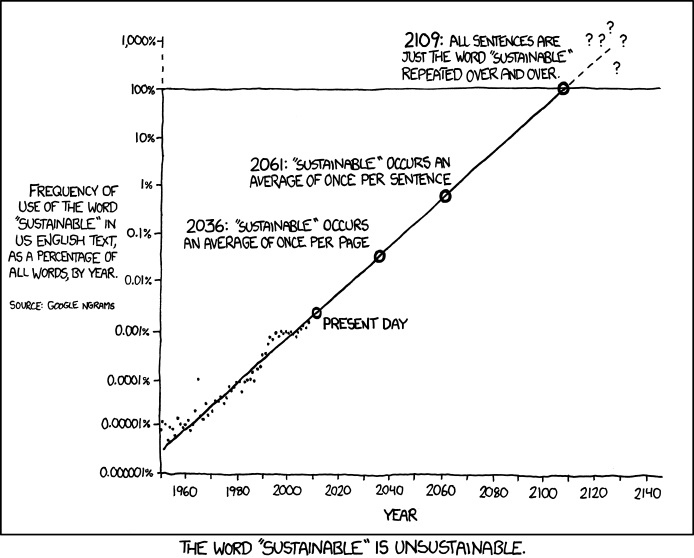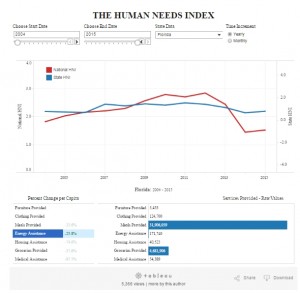Guest post by Jeff Mosenkis of Innovations for Poverty Action.
- If somehow you haven’t heard, development economist Angus Deaton won the econ Nobel this week. His many contributions include the use of household surveys to measure consumption and well-being. I liked Chris’ explanation, for more see Marginal Revolution, here and here.
- Justin Sandefur notes that the World Bank, which recently announced drops in global poverty, departs from this method with its 2015 figures, which use projections from national statistics and assume the poor are also sharing in this growth, despite research showing this is a dubious assumption.
- On Monday (2PM Eastern), the World Bank will be live streaming Vox.com editor-in-chief Ezra Klein talking with David Evans about how to talk to human beings about research.
- Last week’s Freakonomics podcast on whether children should be obligated to pay back parents had some nice talk on how the economics of having children has changed over the years (this week’s is on the Nobel selection process).
- In a nice example of non-profit/academic collaboration, The Salvation Army and Indiana University have made public 11 years of data in a tabulation allowing people to explore U.S. poverty as a function of Salvation Army services provided in each state (food vs. utility bill assistance vs. furniture). They’re big enough and data detailed enough to look at things like seasonality of different needs and regional differences.
- There’s been a lot of talk about cash transfers in recent years, but Wonkblog reports on a new paper (PDF) about an accidental natural experiment. During a longitudinal study of a large group of poor children in rural U.S., about 25% of the families were in a Native American tribe that built a casino and started receiving about $4,000 per month in new income. It appears to have had a major positive effect on childrens’ short term emotional and behavioral problems, but also in the long term, boosting the personality traits that are correlated with later life success (parents who got the money also consumed less alcohol).
And, the UN Sustainable Development Goals have been agreed on, so development is doing its part for the future of “sustainable” according to XKCD.



35 Responses
IPA’s weekly links https://t.co/R3vI1ShjzM @cblatts @poverty_action
RT @poverty_action: In the links w. @Cblatts we’re on our way every sentence being “sustainable” over and over http://t.co/DDq9Z5kP6O http…
RT @poverty_action: In the links w. @Cblatts we’re on our way every sentence being “sustainable” over and over http://t.co/DDq9Z5kP6O http…
RT @poverty_action: In the links w. @Cblatts we’re on our way every sentence being “sustainable” over and over http://t.co/DDq9Z5kP6O http…
RT @poverty_action: In the links w. @Cblatts we’re on our way every sentence being “sustainable” over and over http://t.co/DDq9Z5kP6O http…
In the links w. @Cblatts we’re on our way every sentence being “sustainable” over and over http://t.co/DDq9Z5kP6O http://t.co/5mHrcLdjeK
Weekly links from Innovations for Poverty Action!
http://t.co/IQZHS5IPiF… http://t.co/u4H2s0UceX
RT @JustinSandefur: On current trends, by 2019 all sentences will just be the world “sustainable” over & over.
http://t.co/QGWfwWcGD9 http…
RT @JustinSandefur: On current trends, by 2019 all sentences will just be the world “sustainable” over & over.
http://t.co/QGWfwWcGD9 http…
the trend line for sustainability via @JustinSandefur
http://t.co/lxfF26o1OH http://t.co/jqrqCoH0gr”
IPA’s weekly links: Guest post by Jeff Mosenkis of Innovations for Poverty Action. Indiana University and The … http://t.co/Gqh8J116Aa
RT @JustinSandefur: On current trends, by 2019 all sentences will just be the world “sustainable” over & over.
http://t.co/QGWfwWcGD9 http…
RT @JustinSandefur: On current trends, by 2019 all sentences will just be the world “sustainable” over & over.
http://t.co/QGWfwWcGD9 http…
RT @JustinSandefur: On current trends, by 2019 all sentences will just be the world “sustainable” over & over.
http://t.co/QGWfwWcGD9 http…
RT @JustinSandefur: On current trends, by 2019 all sentences will just be the world “sustainable” over & over.
http://t.co/QGWfwWcGD9 http…
RT @JustinSandefur: On current trends, by 2019 all sentences will just be the world “sustainable” over & over.
http://t.co/QGWfwWcGD9 http…
RT @JustinSandefur: On current trends, by 2019 all sentences will just be the world “sustainable” over & over.
http://t.co/QGWfwWcGD9 http…
RT @JustinSandefur: On current trends, by 2019 all sentences will just be the world “sustainable” over & over.
http://t.co/QGWfwWcGD9 http…
RT @JustinSandefur: On current trends, by 2019 all sentences will just be the world “sustainable” over & over.
http://t.co/QGWfwWcGD9 http…
RT @JustinSandefur: On current trends, by 2019 all sentences will just be the world “sustainable” over & over.
http://t.co/QGWfwWcGD9 http…
RT @JustinSandefur: On current trends, by 2019 all sentences will just be the world “sustainable” over & over.
http://t.co/QGWfwWcGD9 http…
RT @JustinSandefur: On current trends, by 2019 all sentences will just be the world “sustainable” over & over.
http://t.co/QGWfwWcGD9 http…
RT @JustinSandefur: On current trends, by 2019 all sentences will just be the world “sustainable” over & over.
http://t.co/QGWfwWcGD9 http…
RT @JustinSandefur: On current trends, by 2019 all sentences will just be the world “sustainable” over & over.
http://t.co/QGWfwWcGD9 http…
RT @JustinSandefur: On current trends, by 2019 all sentences will just be the world “sustainable” over & over.
http://t.co/QGWfwWcGD9 http…
RT @JustinSandefur: On current trends, by 2019 all sentences will just be the world “sustainable” over & over.
http://t.co/QGWfwWcGD9 http…
RT @JustinSandefur: On current trends, by 2019 all sentences will just be the world “sustainable” over & over.
http://t.co/QGWfwWcGD9 http…
On current trends, by 2019 all sentences will just be the world “sustainable” over & over.
http://t.co/QGWfwWcGD9 http://t.co/uRup4UvO1X
Links on @cblatts blog this week, from @freakonomics, @JustinSandefur and others http://t.co/DDq9Z5kP6O
RT @poverty_action: links: @ezraklein to go “My Fair Lady” on the World Bank, and is “sustainable” sustainable? http://t.co/DDq9Z5kP6O http…
RT @poverty_action: links: @ezraklein to go “My Fair Lady” on the World Bank, and is “sustainable” sustainable? http://t.co/DDq9Z5kP6O http…
links: @ezraklein to go “My Fair Lady” on the World Bank, and is “sustainable” sustainable? http://t.co/DDq9Z5kP6O http://t.co/W5TrDQXEyV
“$4,000 per month in new income”
Hard to scale at that level, though. That’s basically an additional middle class income on top of anything else.
RT @cblatts: IPA’s weekly links http://t.co/mpENnsONYK
Excellent weirdness via @cblatts: log-linear model of use of word “sustainable”, 1972 limits-to-growth style.
http://t.co/gNVpwuIkVN